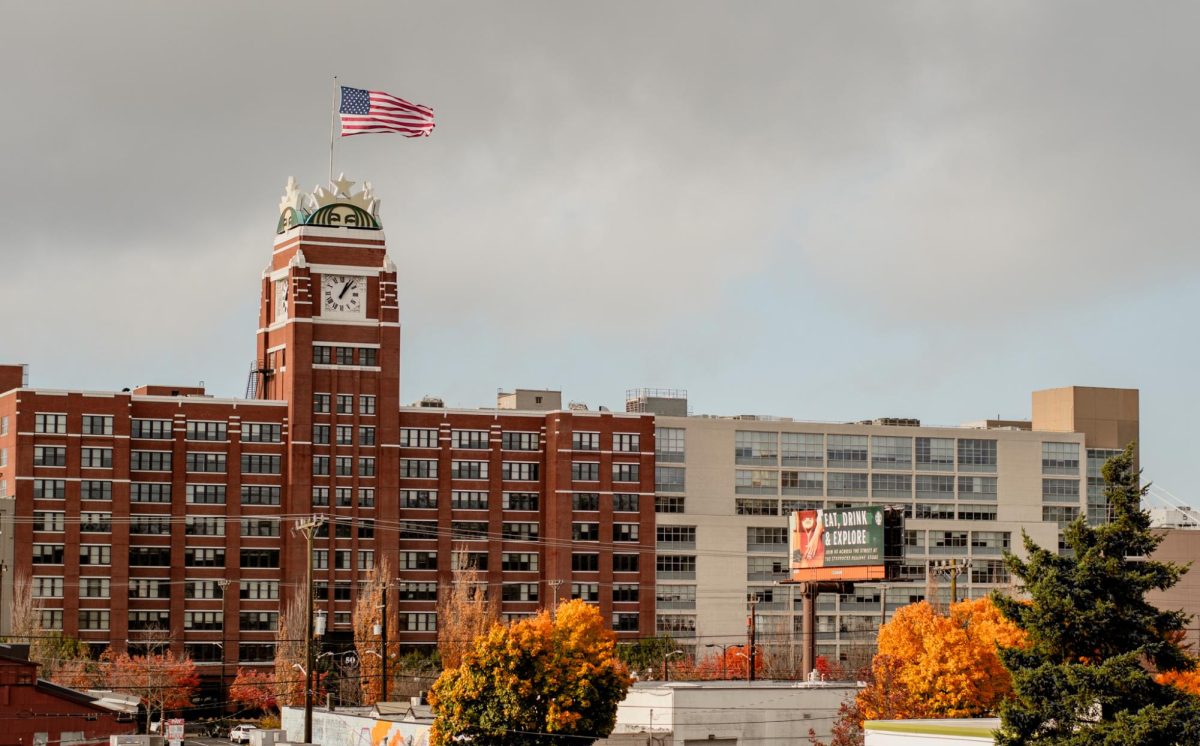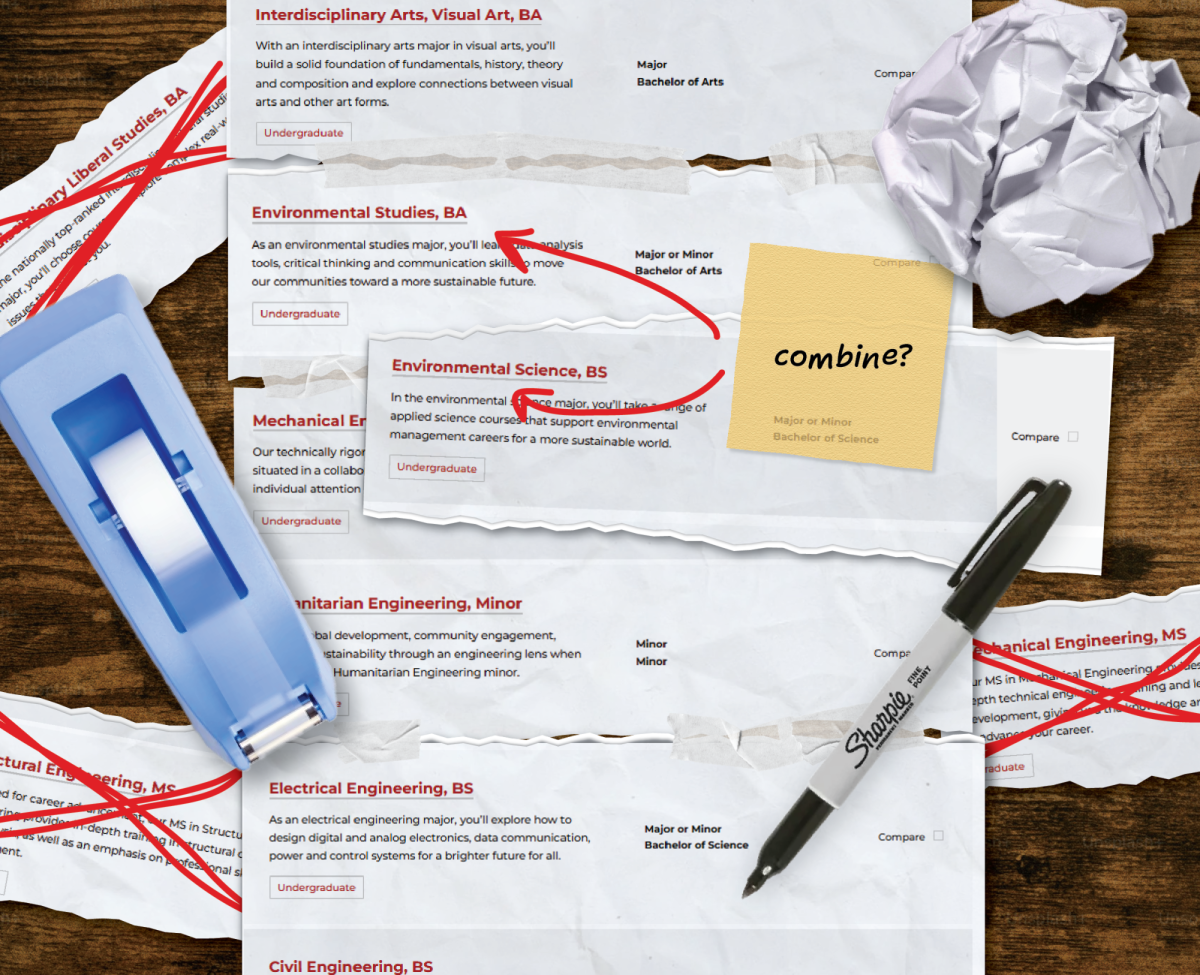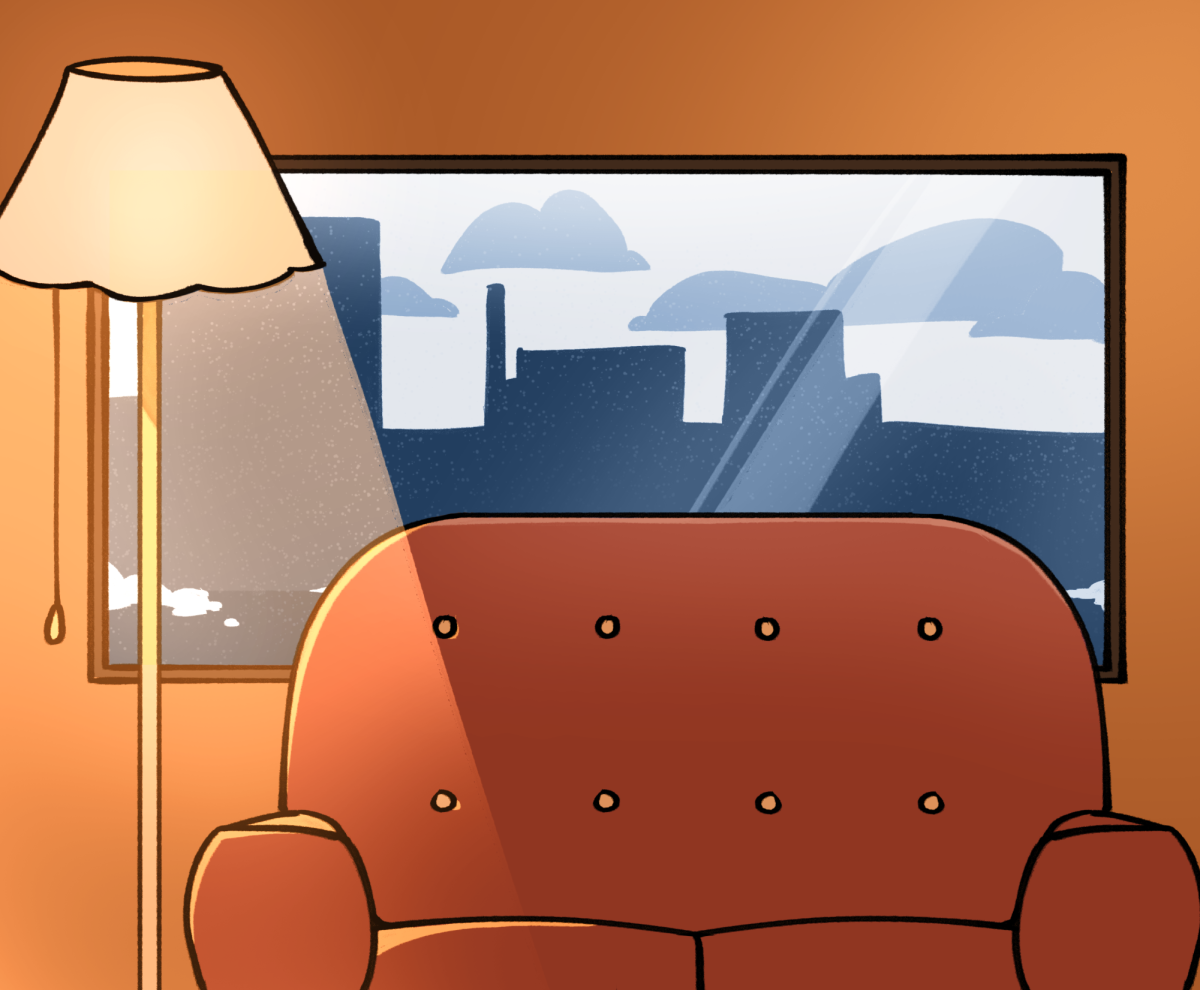Boycotting, for many people, is a tool that is used to fight against an organization or institution that goes against a set of personal or communal values or political ideology.
Merriam-Webster explains boycotting as an action “to engage in a concerted refusal to have dealings with (a person, a store, an organization, etc.) usually to express disapproval or to force acceptance of certain conditions.”
A member of Seattle University’s Students for Justice in Palestine (SUSJP) defined boycotting and how it has existed throughout history.
“It’s important that we consider what exactly is boycotting. And I would define it as a traditional and explicitly peaceful tool of resistance. And we’ve seen this in America when it comes to the Montgomery bus boycott in the 1950s. And also anti-apartheid in South Africa, in the 80s and the 90s,” they said.
Ever since what the Associated Press has dubbed the “Israel-Hamas War” headlines took prevalence in media outlets, there has been a rise in boycotts. Most of those boycotts have been targeted at companies and businesses that support Israel.
Boycott, Divestment, Sanctions (BDS) is a Palestinian-led movement seeking to “[challenge] international support for Israeli apartheid and settler-colonialism.”
BDS informs people who want to help support the movement by providing guidance on what to boycott. Their goal is to ensure that people practice boycotting safely but still effectively send a message. The current list consists of a number of big-name companies such as Google, Amazon, McDonald’s and Puma.
Contrary to popular belief, Starbucks is not on the list of BDS’ recommended boycotts. Starbucks is currently being boycotted due to the backlash they’ve faced from the Starbucks Workers Union after the organization posted a tweet stating that they stand with Palestine, which Starbucks later took down with a cease and desist letter.
Another member of SUSJP is boycotting Israel-supporting companies using the BDS list. They shared their opinions on the list of companies.
“There are companies that are similar to the one I do currently support that the BDS is asking to boycott. I don’t support those companies either and so, just because it fits with what I’ve already been doing,” they said.
Other students such as Abdulrahamn Albounni, a second-year computer science student at Seattle U, and Ahmed El-sharkawy, a third-year Egyptian student at Kasr Al Ainy University, have been active participants in different boycotts. El-sharkawy talked about how he supports the Palestinian cause by participating in the boycott and spreading awareness in Egypt.
“I don’t really have the power to make a change alone. So I try to involve people around me,” El-sharkawy said.
Albounni echoed El-sharkawy’s sentiment that boycotts are a communal effort, discussing how his family is participating alongside him.
“My parents are boycotting. As far as I know, they’re boycotting McDonald’s and Starbucks. I think Amazon, too,” Albounni said.
Diya Lebon, a fourth-year computer science major, shared her feelings on the matter as well.
“A lot of my peers have boycotted Starbucks, but I also know people who haven’t and I know that that’s their personal opinion. Ideally, I would like to be confrontational and say Starbucks is supporting Israel, but I haven’t because I’m not a confrontational person,” Lebon said.
Many Seattle U students who stand in support of Palestine try to encourage others by helping them practice it. This stands true both outside of campus as well as in the U.S.
The boycotts have been part of a widespread effort by individuals to support Palestine in the midst of the Israel-Hamas war. Most of the boycotts that have been occurring have been in hopes of sending a message to the Israeli government.
Their mission, according to BDS, is inspired by the South African anti-apartheid movement, which is to nonviolently put pressure on Israel until it complies with international law by meeting three demands:
- “Ending its occupation and colonization of all Arab lands and dismantling the Wall.”
- “Recognizing the fundamental rights of the Arab-Palestinian citizens of Israel to full equality.”
- “Respecting, protecting and promoting the rights of Palestinian refugees to return to their homes and properties as stipulated in UN Resolution 194.”
Google and Amazon both signed a $1.22 billion contract to provide cloud technology to the Israeli government and military. This goes against BDS’ mission and is why both companies are included on the boycott list.
“The growth and success of the BDS movement sends a clear message to Palestinians and to world governments that people around the world are increasingly unwilling to accept Israel’s oppression of Palestinians,” the BDS mission website says.
An SUSJP member discussed that the core of boycotting is to have an impact not only on the Israeli government but also to push the international governments to take political action.
“If international governments are not willing to hold the Israeli regime accountable, then we can. It’s our responsibility to do so, and we can do so by boycotting,” they said. “It makes a statement. It puts pressure on the state of Israel to change its policies, or to acknowledge that the rest of the world is watching what is happening.”
Kennedy talked about how the message of the boycott must be shared in order to be effective.
“Your power is also telling your friends to do the same, because boycotting, I mean in its essence, it needs a lot of people to be able to do that,” An SUSJP member said. “And so if your friends also don’t support war profiteers or funding the Israeli Government, then this is also something that they can very easily do.”
An SUSJP member discussed the manner in which she sees the current BDS boycotts influencing political and social discourse, without needing to take violent measures.
“I think the benefit of boycotting is that it’s a really easy way for consumers to voice their opinions through their money. It’s not a lengthy process like, I don’t know, laws being written in or like stuff like that. It’s a very immediate option that can be taken, and also a nonviolent action,” they said.
Other students feel that these actions may not be as noticeable yet still present, such as Albounni.
“It sends a message across for sure. I’m not sure how much of a help it is, but the message is there,” Albounni said.
In the midst of a violent war, predicated on a long history of political and regional tension, many people can feel powerless against major political bodies at the forefront of this issue. El-sharkawy discussed this sense of hopelessness while adding that boycotts are a way for individuals to raise their voices in support of what they believe.
“We try our best, and to support our brothers and sisters in Palestine,” El-sharkawy said.















Ahmed El-Sherbeeny
Dec 1, 2023 at 3:36 pm
sensitive yet vital issue that I have seen many major news outlets fail to cover
thank you!